Mosquito Control Services Near Me for a Comfortable Summer
Introduction
In the summer, mosquitoes can disrupt outdoor activities, compromise comfort, and pose health risks through diseases such as West Nile virus and Zika virus. Homeowners and businesses increasingly seek reliable mosquito control services to reclaim their outdoor spaces. This article explores comprehensive mosquito control strategies using professional treatments that deliver both immediate and long-term solutions. It discusses the benefits of various methods, explains pricing factors, and reviews common local mosquito species, helping readers make informed decisions about protecting their properties during the mosquito season.
Mosquito control is not only about reducing bites, but also about creating a safe, comfortable environment through effective treatment methods. Professional pest control companies employ cutting-edge techniques—from barrier sprays and misting systems to organic treatments—that are safe for pets and children. With improvements in surveillance technologies and customized treatment plans, local providers now tailor services to each region’s environmental conditions to address the most common local mosquito species and their habits.
As climate change affects weather patterns, the mosquito season may extend, making ongoing control measures essential for both residential and commercial properties. Property managers, homeowners, and business owners must know how these services work, their safety, and the required investment. This article addresses these questions in a structured, multi-question format that is both informative and actionable.
By reviewing the best mosquito control methods available, the associated costs, and the characteristics of local mosquito species, readers gain valuable insight into selecting the right service provider. Ultimately, achieving a balance between effective pest control and safety for humans, pets, and the environment is the ultimate goal.
Before proceeding, here are the key takeaways of this article.
Key Takeaways
- Mosquito control services offer immediate relief and long-term management through barrier sprays, misting systems, and organic treatments.
- Costs vary by property size, treatment frequency, and customization, with monthly packages often providing the best value.
- Knowing the local mosquito species is crucial for selecting effective control methods.
- Regular maintenance, paired with professional treatments and preventive measures, ensures continuous outdoor protection.
- Safety measures during treatments are designed to protect homes with children, pets, and sensitive environments.
What Are the Best Mosquito Control Services Near Me for Summer Comfort?
The best mosquito control services near you combine advanced technology, professional expertise, and a strong safety record to reduce mosquito populations and create a comfortable summer environment. Many companies use a layered approach that includes barrier sprays, misting systems, and organic solutions to target mosquitoes at every life stage. Typically, an initial evaluation determines local mosquito density and species, followed by a tailored treatment plan aimed at disrupting breeding cycles and reducing populations. For example, professionals use precise equipment to apply insecticides around porches, decks, and gardens.
These services also integrate surveillance techniques and data analysis to maintain treatment effectiveness. Integrated pest management strategies blend chemical, biological, and mechanical methods to balance mosquito reduction while minimizing environmental and health risks. Providers use EPA-approved insecticides and monitor weather and breeding patterns to optimize treatment schedules. Experts periodically assess treatment impact and adjust strategies to ensure a sustainable reduction in mosquito populations, enhancing outdoor comfort.
Many pest control companies also offer comprehensive service packages that include routine maintenance, seasonal treatments, and add-ons like fogging for larger commercial properties. Their extensive experience with local mosquito species allows them to deliver cost-effective solutions tailored to specific conditions, ensuring ongoing comfort and peace of mind throughout the summer.
Which Mosquito Control Methods Provide Immediate Relief?

Immediate relief from mosquito infestations is achieved using several proven methods. Barrier sprays, for example, create a protective perimeter by coating vegetation and surfaces with residual insecticides that either kill or repel mosquitoes on contact. These sprays offer rapid reduction in local mosquito numbers within hours.
Another method is ultra-low volume (ULV) fogging, which disperses insecticides in a fine mist that targets flying adult mosquitoes. Typically scheduled during peak activity periods such as dusk, ULV fogging quickly lowers mosquito counts. Space sprays or aerosol insecticides are also used in high-traffic outdoor areas for rapid knockdown when temporary relief is needed.
Combining these fast-acting treatments with preventive measures—such as eliminating standing water to reduce mosquito breeding—enhances both immediate and long-term protection. Some companies even offer on-demand service calls for urgent situations during localized outbreaks.
How Do Barrier Sprays Work to Reduce Mosquito Populations?
Barrier sprays work by forming a chemical shield on treated surfaces like shrubs, walls, and even floors, with insecticides that remain effective for several weeks. Applied around property perimeters or areas with heavy mosquito activity, these sprays kill mosquitoes on contact or repel them from entering treated zones.
The science behind barrier sprays involves interrupting the mosquito life cycle. By reducing adult populations, fewer eggs are laid, and consequently, future generations are curbed. Many formulations combine fast-acting and long-lasting chemicals to remain effective against various mosquito species, regardless of regional behavior differences.
In addition to directly reducing the adult population, barrier sprays deter mosquitoes from key outdoor areas such as patios and decks, thereby enhancing overall outdoor comfort when used as part of a comprehensive mosquito management strategy.
What Are Mosquito Misting Systems and Their Benefits?
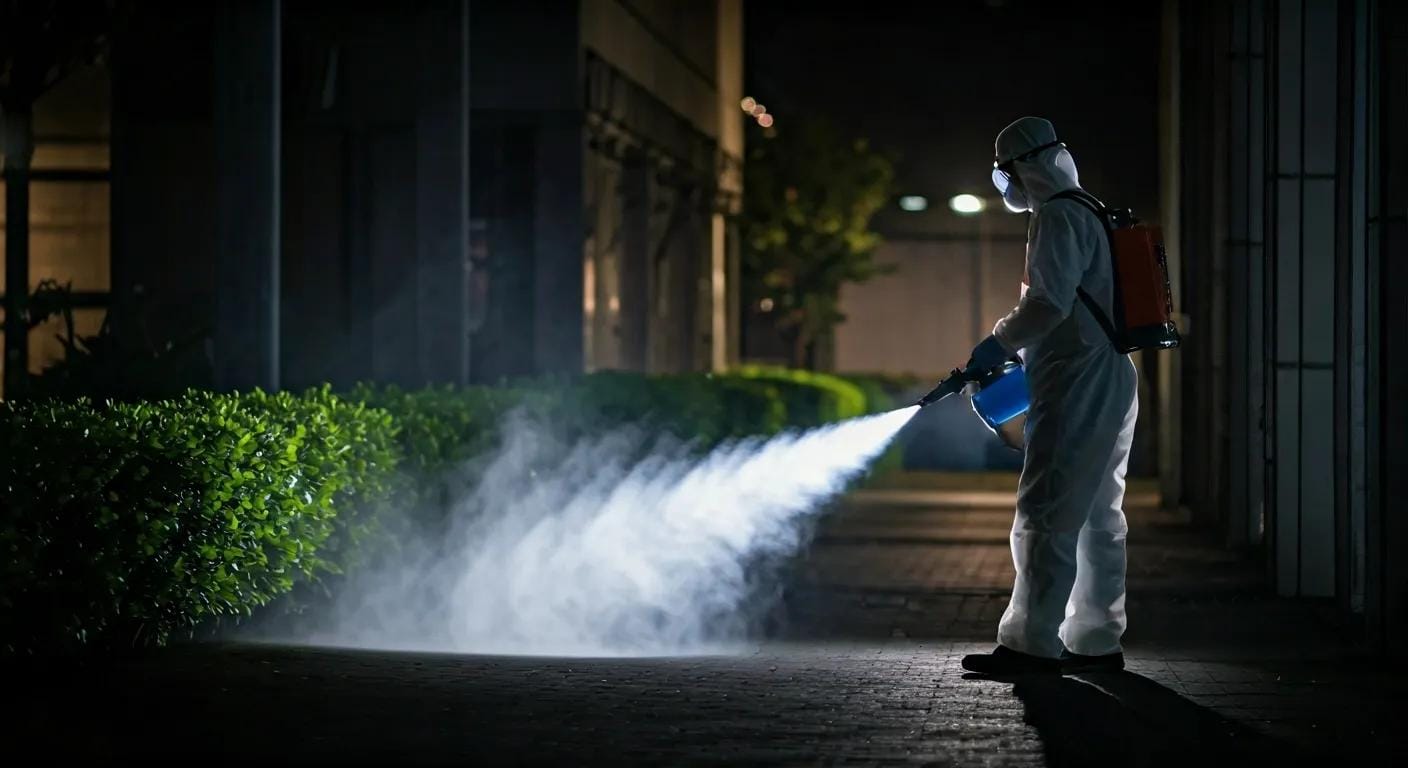
Mosquito misting systems are automated devices that provide continuous, controlled treatment against mosquitoes. These systems work by releasing a fine mist of insecticide through strategically placed nozzles according to a preset schedule that aligns with peak mosquito activity. Unlike one-time treatments that lose efficacy, misting systems continuously replenish insecticide, creating an ongoing barrier.
The fine mist can permeate outdoor spaces like gardens, patios, and walkways without discomfort to occupants. This constant treatment reduces the local mosquito population and is especially valuable for larger properties where manual applications may miss areas. Misting systems also feature precise dosage control, ensuring that the correct amount of insecticide is used while reducing risks to non-target organisms.
Operationally, these systems are designed for ease of use and minimal maintenance. Once installed, they run automatically, providing long-term economic benefits by decreasing the frequency of outbreaks and increasing outdoor comfort. As a result, misting systems have become a popular and efficient solution in both residential and commercial settings.
Are Organic Mosquito Control Solutions Effective and Safe?
Organic mosquito control solutions use naturally derived compounds to repel or kill mosquitoes without relying on synthetic chemicals. Common ingredients include neem, citronella, and pyrethrum extracts, which offer an eco-friendly alternative to conventional insecticides. When applied properly, these solutions are effective and are especially valued in environments with small children, pets, or residents sensitive to synthetic chemicals.
The main advantage of organic treatments is their minimal environmental impact. They break down faster in the environment, lowering the risk of long-term contamination and reducing the chance of mosquito resistance since they often integrate multiple active ingredients. For example, citronella not only repels but can also disrupt breeding cycles.
However, organic solutions may act more gradually than chemical sprays and sometimes require more frequent application to maintain protection. Many professional services combine organic treatments with barrier sprays or misting systems to deliver a balanced approach that provides both immediate relief and sustained safety.
How Much Do Mosquito Control Services Near Me Cost?
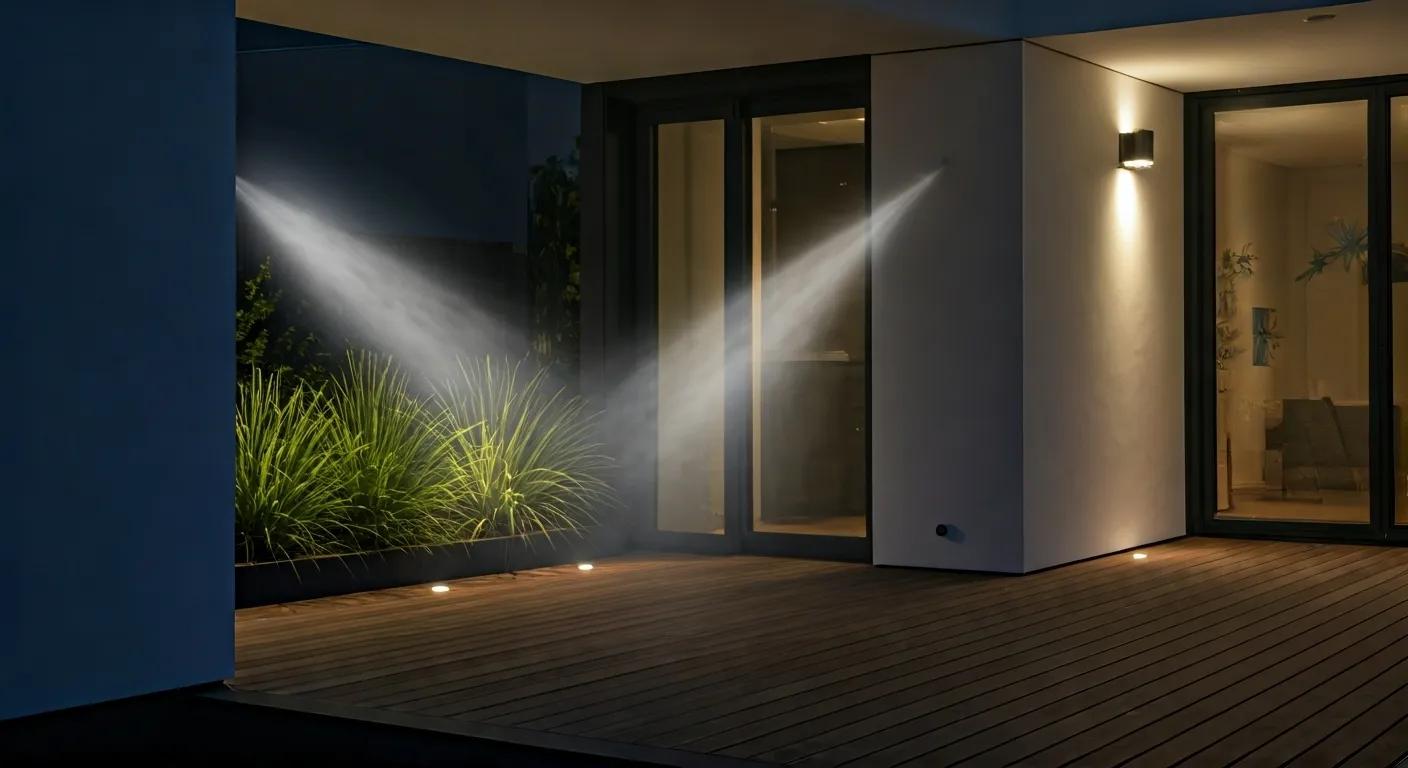
The cost of mosquito control services depends on several factors including property size, infestation severity, required treatments, and whether a one-time treatment or ongoing maintenance plan is chosen. Professional services typically offer single-visit treatments for immediate relief as well as monthly plans for continuous protection. Monthly packages can be more cost-effective over time as they maintain a steady reduction in mosquito numbers and help prevent future outbreaks.
Pricing can also be influenced by local environmental conditions. Properties in urban areas or regions with high mosquito breeding activity may incur higher charges. Discounts might be available for multi-property contracts or long-term service agreements. In general, residential treatment costs may range from approximately $50 to $150 per treatment, while commercial properties might face higher rates due to increased complexity and chemical usage.
Some companies also charge a service fee for the initial evaluation and developing a customized mosquito management plan. This assessment is vital to identify challenges such as water accumulation and dense vegetation, ensuring the treatment is well tailored. Ultimately, high-quality, safe, and effective mosquito control brings better value and comfort during the summer months.
What Factors Influence Mosquito Control Pricing?
Several factors affect the pricing of mosquito control services. The geographic region plays an important role, as climate, local mosquito species, and insect population density can vary. Humid areas with frequent rainfall naturally support higher mosquito populations, requiring more intensive treatment.
Property size and layout are also significant. Larger properties with extensive outdoor spaces, multiple vegetation zones, or varied terrain often need more intricate treatment plans and specialized equipment. Customization based on a comprehensive site evaluation, including identifying high-risk breeding areas, may increase costs. Additionally, the frequency of treatments is a factor; regular maintenance packages generally reduce the per-treatment cost compared to one-off treatments.
Other technical aspects, such as the type of treatment—whether barrier sprays, misting systems, or organic alternatives—affect pricing based on chemical formulation, residual efficacy, and safety standards. Finally, companies offering guarantees, follow-up visits, and emergency call-ins may charge a premium for this additional level of service.
How Do Monthly Mosquito Control Packages Compare in Value?

Monthly mosquito control packages provide significant value by offering continuous protection throughout the mosquito season. These plans spread the cost over several months, ensuring that regular preventive maintenance is performed. The consistent application of treatments helps maintain low mosquito numbers, reducing the risk of sudden outbreaks that can require costly emergency interventions.
Monthly packages typically include periodic inspections and adjustments to the treatment plan. As environmental conditions change over the summer, technicians can update their approach to target shifting mosquito populations. Many providers also bundle additional services—such as free follow-up visits or equipment discounts—that enhance the overall value.
While the upfront cost of a monthly plan may be higher than a single treatment, the long-term benefits, including fewer mosquito-related health issues and improved outdoor comfort, lead to significant overall savings.
Are There Affordable Options for Residential and Commercial Properties?
Affordable mosquito control options are available for both residential and commercial properties. For homes, many pest control companies offer budget-friendly monthly plans tailored to yard size and local mosquito activity. These plans ensure that homeowners on a tight budget can still maintain mosquito-free outdoor spaces with regular treatments.
Commercial properties, which may require larger-scale treatments, can secure cost-effective solutions through contract agreements covering multiple visits or extended service periods. Providers often offer scalable pricing models based on specific property needs, such as seating areas, landscaping complexity, or high customer traffic. New customers may benefit from seasonal promotions, long-term contract discounts, or bundled services that include additional pest control measures.
Which Mosquito Species Are Common in My Local Area and Why Does It Matter?

Knowing which mosquito species are common in your local area is essential for effective control, as different species exhibit unique behaviors, life cycles, and health risks. Common species include Aedes, Culex, and Anopheles mosquitoes. For example, Aedes mosquitoes are known to transmit diseases like Zika, dengue, and chikungunya, while Culex mosquitoes are often linked to West Nile virus. Their activity patterns also differ, with some species being more active during the day and others at dusk.
Identifying local species helps in selecting the most suitable control methods. Barrier sprays may work better against species that rely on sheltered areas, while misting systems or ULV fogging might be more effective for active, flying populations. Local surveillance data, often provided by health departments, can guide treatment strategies that reduce disease transmission risks and improve outdoor comfort.
What Types of Mosquitoes Are Most Active During Summer?
During summer, several mosquito species become particularly active. In many regions, Aedes mosquitoes thrive in warm, humid conditions and are known for their daytime biting. These are significant because they transmit viruses such as Zika, dengue, and chikungunya. Culex mosquitoes, on the other hand, are most active during the evening and night when stagnant water provides ample breeding opportunities. Additionally, some species of Anopheles mosquitoes, which can carry malaria in certain areas, may also increase in number during warmer months.
The seasonal surge requires timely and precise treatments. Mosquitoes that are highly active in summer typically need more frequent and targeted control measures. By closely monitoring these populations, pest control services can adjust their treatment schedules to coincide with peak activity, ensuring consistent outdoor protection.
How Do Mosquitoes Transmit Diseases Like West Nile and Zika Virus?

Mosquitoes transmit diseases primarily through blood feeding. When a mosquito bites an infected host, it ingests the virus, which then multiplies inside the mosquito. Once a sufficient amount of the virus accumulates, it migrates to the mosquito’s salivary glands, and during subsequent bites, the virus is passed on along with the saliva. This process means that a single mosquito can infect multiple individuals.
The efficiency of disease transmission depends on factors such as the mosquito species, environmental conditions, and the incubation period of the virus within the mosquito. For instance, the Aedes aegypti mosquito is particularly notorious for rapidly spreading diseases because of its preference for biting humans and its ability to breed in small containers. Effective mosquito control significantly reduces the risk of disease outbreaks by lowering mosquito populations and interrupting their breeding cycles.
Why Is Local Mosquito Knowledge Important for Effective Control?
Local mosquito knowledge is crucial because the effectiveness of control measures can vary based on species behavior and habitat preferences. Urban areas may have higher populations of Aedes mosquitoes that breed in artificial containers, while rural settings can support larger numbers of Culex mosquitoes found in natural water bodies. Having precise local data allows pest control experts to design targeted treatment plans that address specific challenges.
Local surveillance programs provide critical information on mosquito counts, species distribution, and even virus prevalence. This data ensures that control measures are appropriately focused and efficient. Furthermore, incorporating local knowledge supports additional preventive strategies such as habitat modification and public education, leading to more sustainable mosquito management.
How Can I Prevent Mosquitoes and Protect My Outdoor Space This Summer?
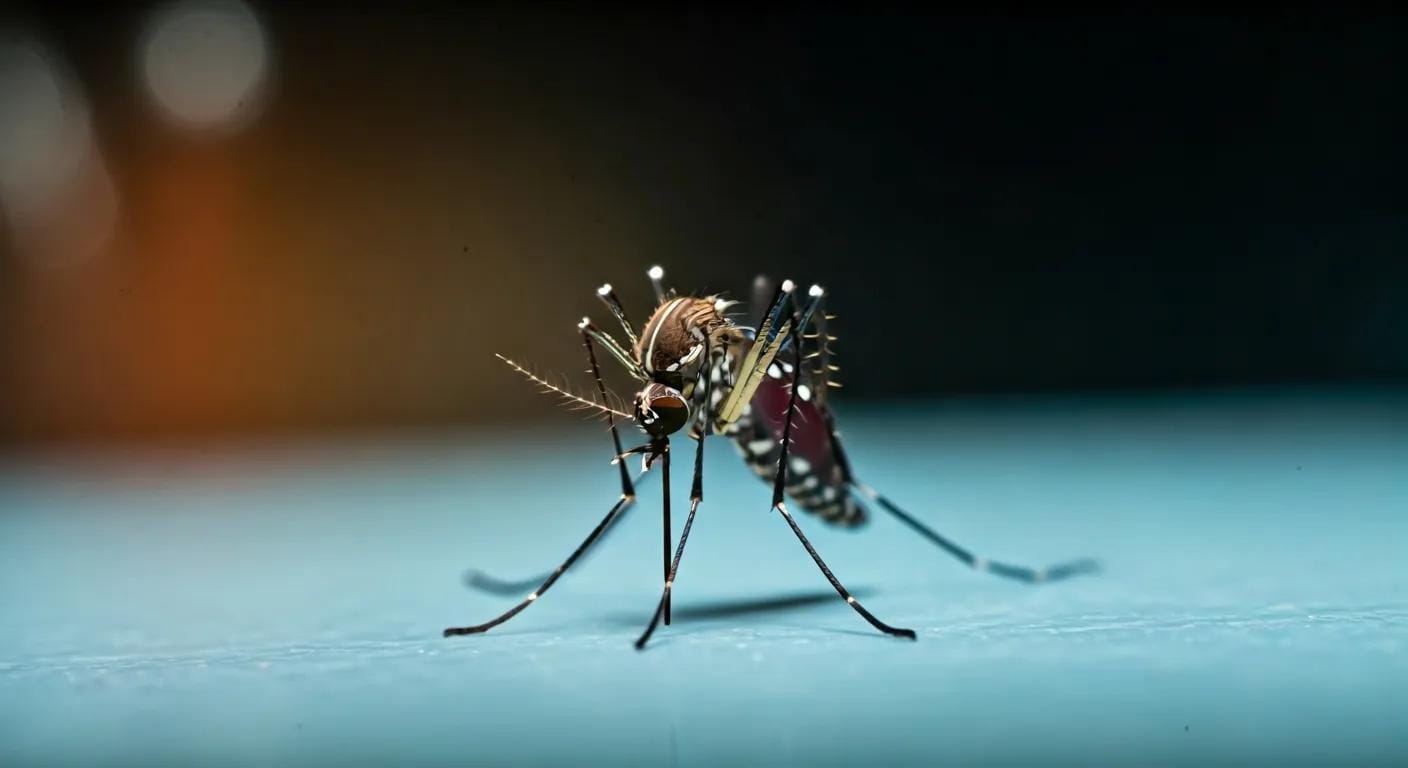
Prevention is as important as treatment for sustaining mosquito-free outdoor spaces. The initial step is to reduce potential breeding sites by eliminating standing water—clearing gutters, regularly emptying bird baths and pet water bowls, and covering rain barrels can dramatically decrease mosquito numbers. Installing proper drainage and using larvicides in water features further minimize breeding opportunities.
In addition to environmental modifications, integrating professional mosquito control treatments on a regular maintenance schedule is advised. Regular barrier sprays, misting systems, and eco-friendly organic solutions form a multi-layered defense that not only reduces existing mosquitoes but also prevents new ones from emerging. Physical barriers such as window screens and netting around outdoor seating further decrease mosquito intrusion.
Using mosquito traps as an additional line of defense can provide ongoing surveillance and capture adult mosquitoes, supporting the overall protection strategy.
What Are the Top Mosquito Prevention Tips for Homeowners?
Homeowners can take several practical measures to prevent mosquito infestations. First, eliminate standing water wherever possible since even small amounts can serve as breeding sites. Regularly inspect items like flowerpot saucers, clogged drains, and pet dishes. Second, landscape modifications such as trimming overgrown vegetation and maintaining a tidy lawn help reduce hiding spots for mosquitoes.
Installing physical barriers, including fine mesh window screens and protective netting around patios or decks, can further keep mosquitoes at bay. Outdoor fans can also create wind that deters mosquitoes from landing. Additionally, natural repellents such as citronella candles or diffusers with lemon eucalyptus oil offer supplementary protection.
Consistently maintaining these precautions through routine inspections and prompt attention to water accumulation makes your property less inviting to mosquitoes, complementing professional preventive services.
How Does Regular Mosquito Control Maintenance Improve Comfort?

Regular mosquito control maintenance is key to preserving outdoor comfort throughout the mosquito season. Periodic treatments ensure that control measures continuously repel or eliminate mosquitoes, thereby preventing sudden population surges that lead to discomfort and irritation.
Ongoing maintenance includes routine inspections and adjustments by pest control professionals. Their assessments help identify changes or new breeding sites, allowing for timely strategy modifications. This proactive approach not only provides immediate protection but also contributes to sustainable, long-term mosquito management by interrupting reproductive cycles and reducing reliance on emergency treatments.
Regular maintenance also typically includes practical advice on preventive measures, leading to a gradual and steady decline in mosquito populations, which makes outdoor environments consistently safe and inviting.
Can Mosquito Traps Complement Professional Control Services?
Mosquito traps are a valuable complement to professional control services. These traps work by attracting mosquitoes with light, carbon dioxide, or other lures, then capturing them, which reduces the overall number of biting insects. When used alongside professional treatments, traps provide extra surveillance that helps in adjusting treatment schedules based on mosquito density.
Data collected from traps can reveal trends and spikes in mosquito activity, allowing providers to fine-tune their interventions. Traps are especially effective in areas with a high density of breeding mosquitoes and can capture individuals that might escape chemical treatments. This multi-tiered strategy leads to immediate reduction and sustained long-term relief.
Where Can I Find Reliable Mosquito Control Services Near Me?
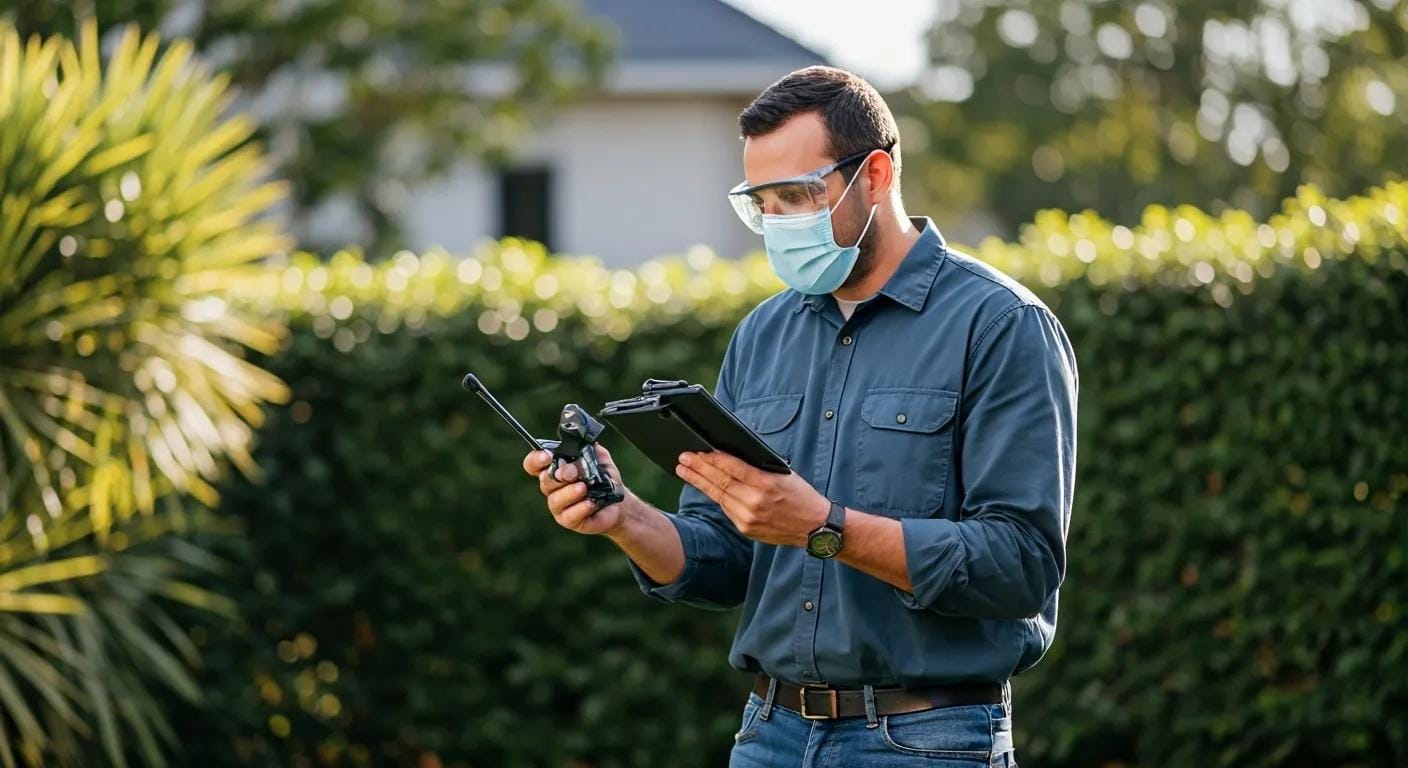
Finding a reliable mosquito control service involves doing thorough research. Homeowners and businesses should check customer reviews, service guarantees, and local reputation. Recommendations from neighbors or community boards can be valuable, and most reputable providers have detailed websites describing their methods, service plans, and certifications.
It is important to verify that a company adheres to state and federal guidelines, uses EPA-approved chemicals, and offers customizable treatment plans suited to the specific conditions of a property. Speaking directly with technicians helps clarify service details, including treatment frequency and any additional support. Getting multiple quotes ensures that you choose a provider who offers both effectiveness and value.
How to Choose a Trusted Local Mosquito Control Provider?
To choose a trusted local mosquito control provider, evaluate several factors. Begin by checking the provider’s credentials, including licenses, certifications, and industry affiliations. Reading customer reviews and testimonials offers insight into the provider’s track record and ability to handle local challenges. Providers with long-standing community reputations typically have extensive experience with regional mosquito species and environmental conditions.
A transparent service plan is also important—a reputable company will clearly explain its treatment methods, chemicals, and safety measures. Look for providers who offer customized plans after a thorough onsite evaluation and who include follow-up visits or satisfaction guarantees. These factors together help ensure that you select a provider capable of delivering safe, effective, and reliable mosquito control.
What Are the Benefits of Customized Mosquito Control Plans?

Customized mosquito control plans are tailored to meet the unique needs of each property by considering factors such as layout, vegetation, water sources, and local mosquito species. This individualized approach ensures that treatments efficiently target the areas most prone to infestation.
Such plans offer both immediate relief and long-term protection by incorporating regular monitoring and adjustments based on seasonal changes. A customized strategy can integrate various control methods—such as barrier sprays, misting systems, and organic solutions—to minimize chemical waste and ensure comprehensive coverage.
Furthermore, customized plans often include proactive recommendations for environmental modifications that further reduce mosquito breeding. This holistic approach increases cost-effectiveness and maximizes long-term outdoor comfort and safety.
How Do Customer Reviews and Guarantees Impact Service Choice?
Customer reviews and satisfaction guarantees are key factors when selecting a mosquito control service. Positive reviews provide real-life evidence of a company’s ability to reduce mosquito populations and improve outdoor comfort, reflecting consistency, professionalism, and responsiveness. Reviews often mention the support provided by companies in terms of follow-up treatments and adjustments.
Service guarantees further bolster confidence by ensuring that providers stand behind their results, often offering free re-treatments if the initial treatment does not achieve the desired outcome. Reliable feedback and robust guarantees help reduce the risk of unexpected costs and contribute to a more secure investment in long-term mosquito control.
What Safety Measures Are Taken During Mosquito Control Treatments?
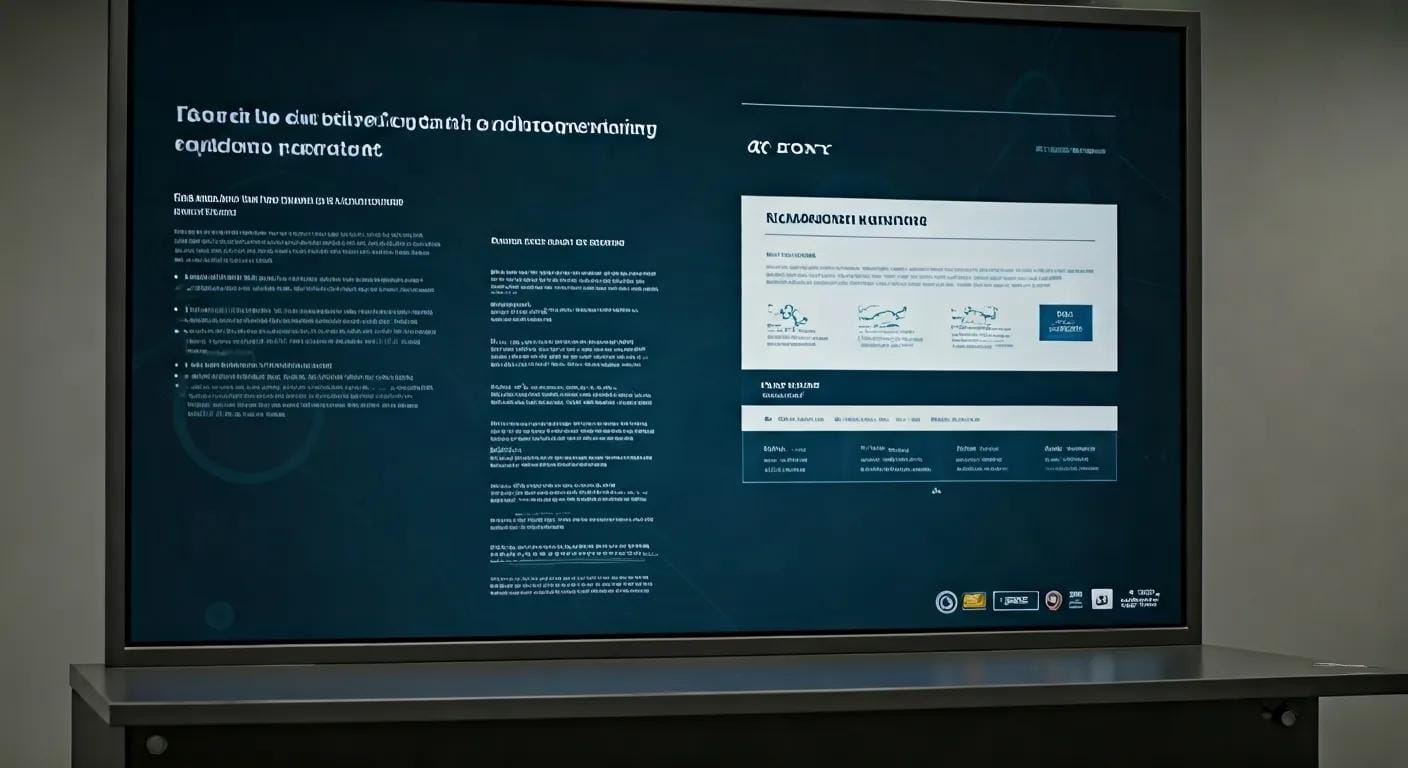
Safety is paramount during mosquito control treatments. Professional providers adhere to strict safety protocols and use EPA-approved insecticides formulated to target mosquitoes while minimizing risks to non-target organisms. One key measure is calibrating insecticide dosages to ensure effectiveness and safety. Prior to treatment, technicians assess the property to identify potential hazards or sensitive areas that may require extra precautions.
Treatments are often scheduled during times of minimal human and pet activity, such as early mornings or dusk, further reducing exposure. In addition, many providers use targeted barrier sprays rather than indiscriminate applications to limit chemical spread. For environmentally conscious customers, organic alternatives are available that further minimize impact. Comprehensive safety data and clear pre- and post-treatment instructions ensure that residents understand all necessary precautions.
Are Mosquito Sprays Safe for Pets and Children?
The safety of pets and children is a top priority for professional mosquito control services. The insecticides used are carefully selected and applied according to strict manufacturer guidelines and regulatory standards, ensuring minimal risk when properly administered. Many products are specifically formulated for residential use, leaving little to no harmful residue when used correctly. Additionally, techniques such as targeted barrier spraying limit the exposure area.
Providers typically advise that pets and children stay indoors during treatment and for a short period afterward until the spray dries and the area is ventilated. Clear post-treatment instructions and, in some cases, organic alternatives further enhance safety by reducing chemical exposure. As a result, when proper precautions are followed, effective mosquito control can be achieved without compromising the safety of children or pets.
How Do Organic Treatments Minimize Environmental Impact?
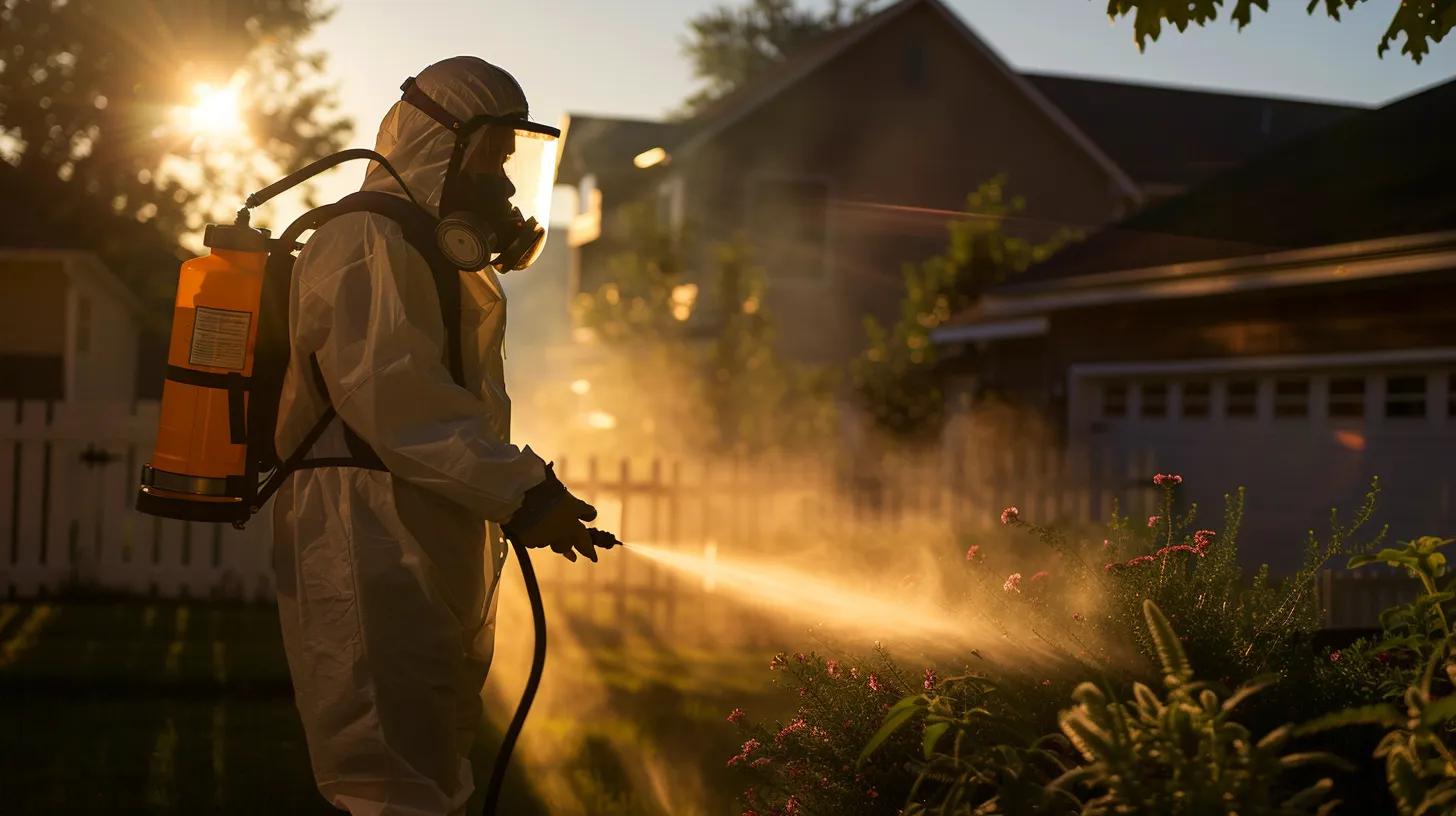
Organic mosquito control treatments minimize environmental impact by using naturally derived ingredients that break down quickly. Botanical extracts, such as neem oil, citronella, and pyrethrum, are commonly used, and their rapid degradation reduces long-term soil or water contamination. This approach helps preserve local biodiversity while effectively reducing mosquito populations.
Organic formulations are selected for their ability to target mosquitoes without significantly affecting beneficial insects, such as bees and butterflies, that are essential for pollination. Professional application of organic treatments involves precise dosing and timing to optimize efficacy while keeping environmental risks low. Local certification and agency reviews further ensure that these products meet safety standards. Overall, organic treatments appeal to environmentally conscious consumers by supporting sustainable pest management practices.
What Precautions Should Customers Take Before and After Treatment?
Before treatment, customers should clear outdoor areas of children and pets and cover any food, water, or delicate plants that could be affected by the chemicals. Securing outdoor furniture and movable items also helps prevent unwanted contact with the treatment. A preliminary discussion with the pest control provider ensures that everyone is informed about the chemicals used and any necessary temporary precautions.
After treatment, it is important to follow the provider’s guidelines regarding re-entry and cleaning. Typically, residents are advised to stay indoors for a specified period while the spray dries and airborne particles settle. Ventilating indoor spaces may also be necessary if treatments were conducted near open windows or doors. Routine monitoring of treated areas will help identify any signs of re-infestation, and any concerns should be promptly reported to the service provider.
How Often Should I Schedule Mosquito Control Services for Optimal Results?
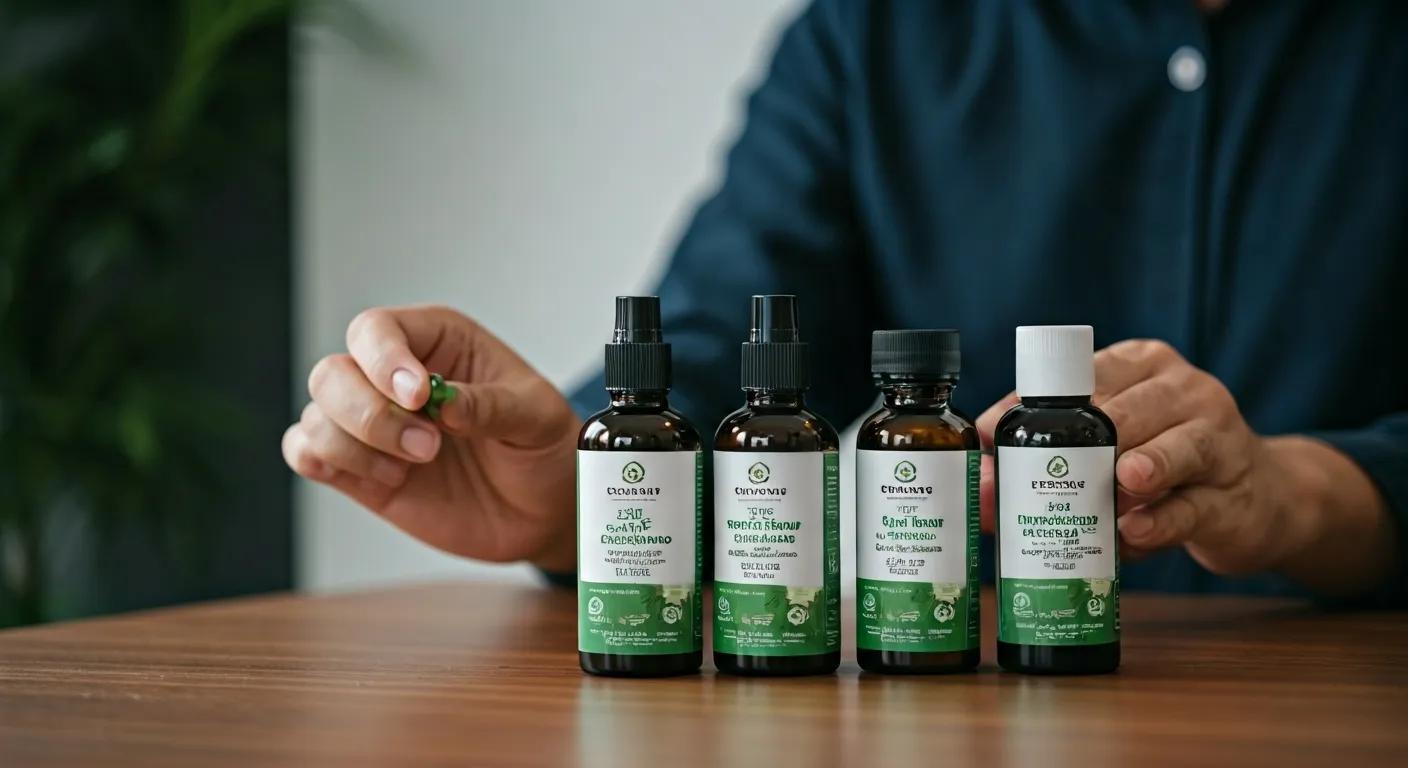
For optimal results, mosquito control services should be scheduled regularly throughout the mosquito season. Experts commonly recommend initiating treatments just before peak mosquito activity begins—in late spring or early summer—and continuing with follow-ups every two to four weeks until the season concludes. This regular maintenance not only addresses active mosquito populations but also targets larvae emerging from breeding sites, effectively reducing overall mosquito numbers.
Scheduled treatments create a consistent protective barrier, ensuring that any new infestations are quickly managed. Routine property assessments help identify emerging hotspots and allow for timely adjustments in the treatment strategy. Supplemental treatments, such as fogging during periods of high activity, may be added as needed. This combination of scheduled maintenance, customized treatment plans, and proactive environmental modifications provides long-term relief and continuous outdoor comfort.
How Do Misting Systems Provide Continuous Protection?
Misting systems offer continuous protection by automatically delivering controlled doses of insecticide throughout the mosquito season. Installed around property perimeters or in key outdoor areas, these systems operate on preset schedules that align with peak mosquito activity periods. The fine mist distributes insecticide evenly over large areas, creating a persistent barrier that prevents new adults from emerging and deters existing mosquitoes from entering treated zones.
Precision in chemical dispersion ensures that only the necessary amount of insecticide is used, minimizing potential overexposure risks. Continuous operation means that even when environmental conditions temporarily favor mosquito reproduction, the system compensates with scheduled applications. This makes misting systems especially beneficial for larger properties or areas experiencing intense mosquito activity, thereby providing an efficient, low-maintenance solution that complements other control methods.
Can Seasonal Changes Affect Mosquito Control Needs?
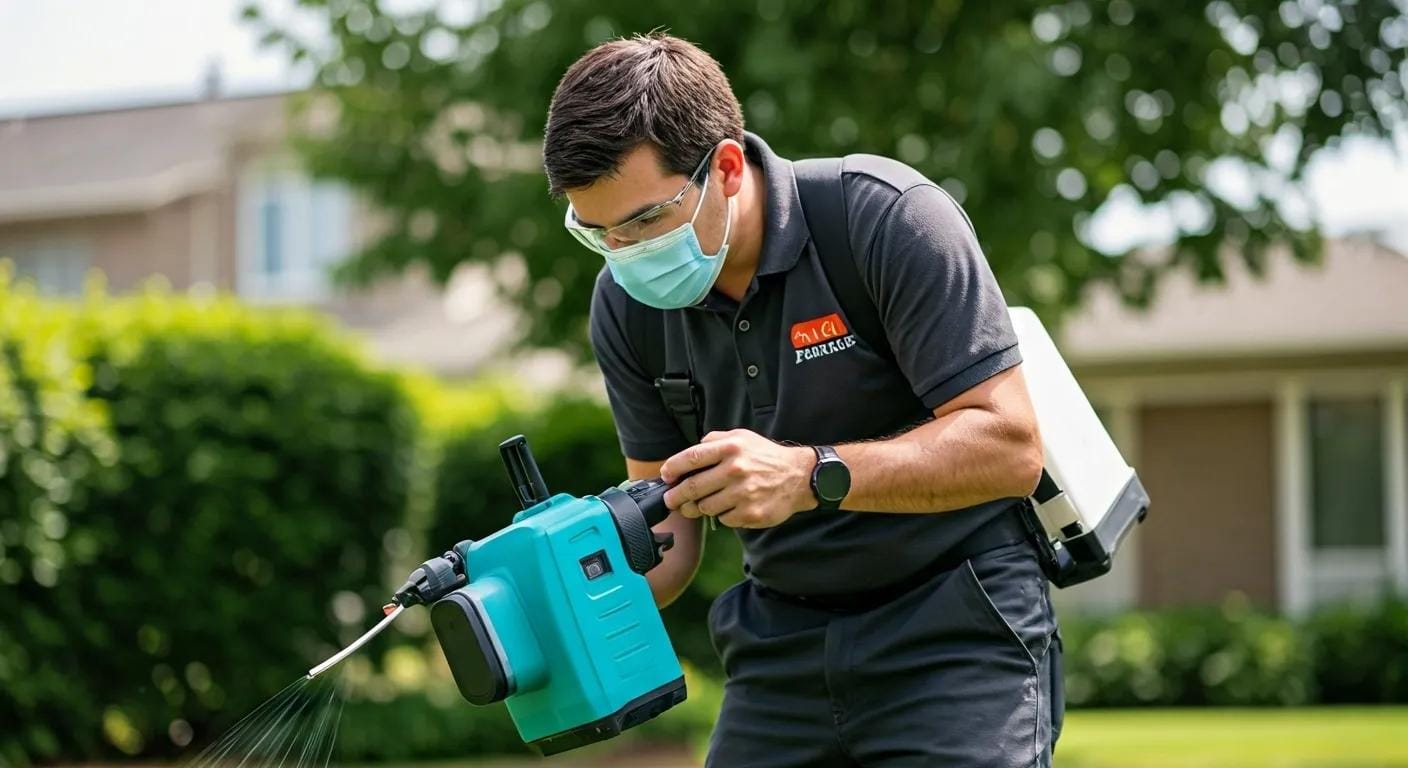
Yes, seasonal changes significantly impact mosquito control needs. As temperatures rise in early summer, mosquito breeding accelerates due to the availability of warmer water bodies and increased humidity, often leading to a surge in populations. This may necessitate higher-frequency treatments or adjustments in control methods. As the season progresses, varying rainfall or drought conditions can further alter breeding patterns and mosquito survival rates.
Pest control professionals closely track local weather patterns and mosquito activity to tailor treatment schedules accordingly. For instance, heavy rainfall may shorten re-treatment intervals while dry spells could allow for longer gaps between treatments. This dynamic approach, adapting to seasonal fluctuations and the effectiveness of specific insecticides under different conditions, ensures continuous protection and optimal performance of mosquito control measures throughout the year.
Final Thoughts
Professional mosquito control services are essential for ensuring a comfortable and safe outdoor environment during the mosquito season. By combining advanced methods—such as barrier sprays, misting systems, and organic solutions—with regular maintenance and customized treatment plans, these services effectively reduce mosquito populations and minimize health risks. Local expertise and careful analysis of environmental conditions enhance the effectiveness of each treatment, resulting in sustained relief throughout the summer. Ultimately, investing in reliable mosquito control allows homeowners and businesses to enjoy greater outdoor comfort, reduce disease transmission risks, and maintain a pest-free space for both leisure and work.
Frequently Asked Questions
Q: How do professional mosquito control services work? A: They begin with an initial property evaluation to assess breeding sites and mosquito activity. Based on this assessment, a tailored treatment plan is developed that may include barrier sprays, ULV fogging, and misting systems, all using EPA-approved insecticides and scheduled throughout the season for continuous protection.
Q: What is the difference between barrier sprays and misting systems? A: Barrier sprays are applied manually to create a chemical shield on surfaces, providing immediate knockdown of mosquitoes. Misting systems operate automatically on a schedule, releasing a fine insecticide mist to deliver long-term, continuous protection over large areas.
Q: Are organic mosquito control treatments effective? A: Yes, especially when integrated with other methods. Organic treatments use naturally derived compounds like neem oil and citronella to repel or kill mosquitoes. Although they may require more frequent applications, they offer a safer, eco-friendly alternative for sensitive environments.
Q: How often should I schedule treatments for effective mosquito control? A: Treatments are typically scheduled every two to four weeks during the mosquito season, starting just before peak activity and continuing until the season ends. The frequency can be adjusted based on local weather and mosquito activity.
Q: Can mosquito control services prevent disease transmission? A: While no method guarantees 100% prevention, professional services significantly reduce the risk of diseases like West Nile, Zika, and dengue by lowering mosquito populations and interrupting their breeding cycles.
Q: Are the chemicals used in mosquito control treatments safe for my family? A: Yes, when applied according to strict safety protocols. EPA-approved chemicals are used, and treatments are typically scheduled when family members and pets are away. Organic alternatives are also available for those particularly concerned about chemical exposure.
Q: How do I know if a mosquito control provider is reliable? A: Look for companies with strong local reputations, verifiable licenses, and positive reviews. A reliable provider will offer a clear explanation of their treatment methods, customization options, and safety protocols, along with customer testimonials and satisfaction guarantees.

17 Years of Pest Control Experience Founder and Owner of Dade Pest Solutions Proud Resident of South Florida
Shaun Judy, a dedicated South Florida native, is the founder and driving force behind Dade Pest Solutions. With over 17 years of hands-on experience in the pest control industry, Shaun has built a reputation for reliability, results, and real local knowledge. His journey began with a deep commitment to protecting homes from pests using proven methods and innovative solutions. Raised with a strong work ethic and a passion for service, Shaun treats every property as if it were his own—delivering expert care with a personal touch.

